Tag Archives: thought
28 Apr Mosaic of Concepts
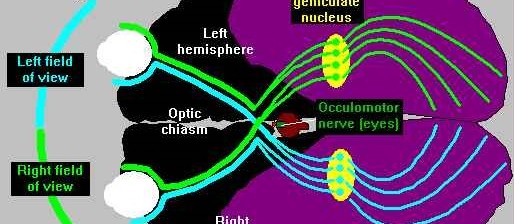
KR Mosaic On our way to knowledge representation (KR), we’ve looked at concepts and logical propositions and words and taxonomies. I know this can all be a bit confusing, but please bear with me a little longer. Word relations are more than a two-dimensional mosaic of related concepts – they form a deep hierarchy with multiple […]
17 Apr Learning by Repetition
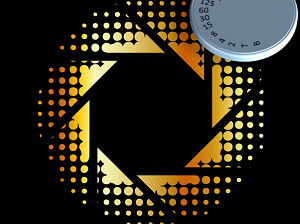
Frequency and Exposure For the very young, language learning requires mental gymnastics. Most theories of language learning refer to the fact that the frequency of repetition of a word or structure pattern determines the strength of its acquisition. In this context, there may be some threshold of frequency which, once reached, will result in the […]
16 Apr From Concept to Communication

Yorrick’s First Concepts A conceptually structured model of learning might suggest that Yorrick, or any other human, first acquires concepts, and later, a vehicle for communicating concepts: language. During Yorrick’s early development, his concepts are linked entirely to physical sensations and perceptions: hunger, soreness, the sucking instinct, and the like. One of the first discoveries […]
09 Apr Abstract Contexts and Fuzzy Reasoning
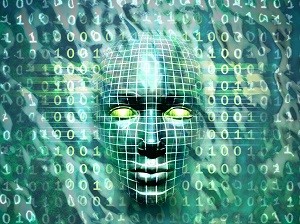
We do not yet know how we remember things, nor do we know how we use remembered things in reasoning. The amazing feedback loops of afferent and efferent fibers between different layers of the cortex give us some amazing clues (Hawkins 2004). Today’s discussion of abstract contexts and fuzzy reasoning is intended as a bridge […]
31 Mar Truth, Belief and Confidence
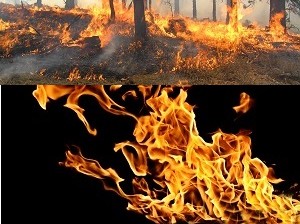
Establishing frameworks for truth, belief and confidence can be part of raising a child and part of building a more intelligent system. Parents in households of faith often feel a compelling need to teach their children about things that are outside the realm of scientific discovery. In espionage, intelligence analysts review information collected by agents, electronic snoops, and […]
22 Mar Common Sense and Thresholds

Finding Thresholds Threshold conditions are boundaries between states, and they exist everywhere, affecting everything. From a computational perspective, thresholds are a valuable tool for limiting the problem space to within manageable limits. In other words, knowing where the edges are can help us computationally color inside the lines. How could we determine a threshold? Observing, […]
08 Mar In the Middle of a Big Wide World
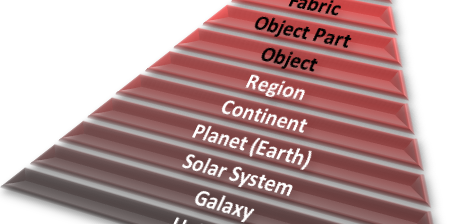
The guy on the previous post (Your Personal Bubble) represents your typical office worker who sees himself as part of a universal hierarchy or taxonomy, though not exactly where he’d rather be in the big wide world. Each moment, we each learn from our own vantage point. While we can learn about all physical things, from […]
06 Mar Inference in the Face of Uncertainty
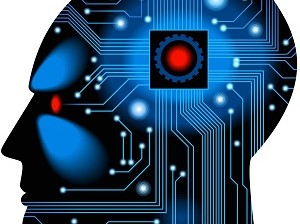
Do you know what I’m about to say? If your mind were not able to race ahead of the words and build a set of expectations about what comes next, you may not be able to understand me speaking or writing. But you can predict a lot more than your conscious awareness tells you. A […]






